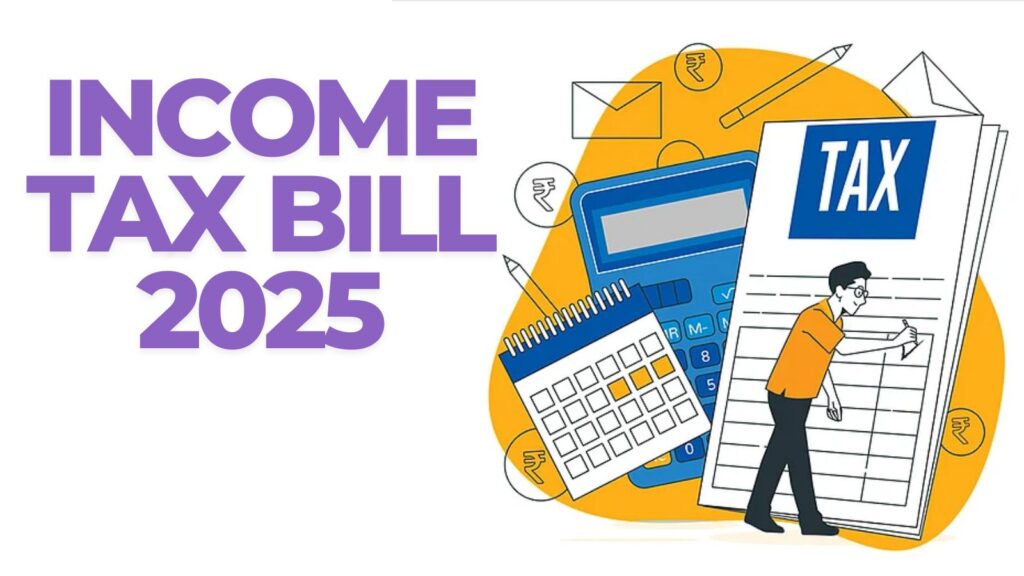Income Tax Bill 2025: Know Your Rights as Tax Authorities Expand Digital Surveillance

Income Tax Bill 2025: Know Your Rights as Tax Authorities Expand Digital Surveillance
New Delhi: The Income Tax Bill 2025 introduces expanded powers for tax authorities, allowing them to examine emails, social media accounts, trading activities, and bank transactions in suspected cases of tax evasion. Effective April 1, 2026, these measures aim to curb undisclosed income but have also sparked debates over privacy concerns and taxpayer rights.
Can Tax Authorities Randomly Access Your Digital Accounts?
No. Tax officials cannot arbitrarily inspect a taxpayer’s digital footprint. The bill mandates that specific criteria and legal procedures must be met before an investigation into an individual’s emails, social media interactions, cloud storage, or financial records can proceed.
Key Provisions of the Income Tax Bill 2025
The bill, detailed in Section 247, aligns with Section 132 of the Income Tax Act, 1961, but extends tax authorities’ reach into virtual digital spaces, which include:
Email servers
Social media profiles
Online investment platforms
Trading and banking accounts
Cloud storage and remote servers
Websites maintaining ownership records of assets
This shift reflects the government’s effort to tackle modern tax evasion methods, particularly involving cryptocurrency and virtual digital assets.
Are These New Provisions?
Not entirely. Tax officials already have the authority to access electronic records during search and seizure operations. However, the Income Tax Bill 2025 formalizes guidelines on digital investigations, ensuring clarity and preventing legal disputes.
Previously, tax officers could only access physical spaces, such as lockers or safes, if the taxpayer refused to provide access. Under the new law, the same principle applies to virtual assets—officials can investigate digital accounts only when there is reasonable suspicion of hidden income.
What Are Your Rights as a Taxpayer?
Taxpayers retain the right to:
Challenge tax department actions in court if they believe their digital privacy has been violated.
Receive prior notice or summons before any enforcement action is taken.
Refuse access to digital accounts, though failure to cooperate may lead to further investigative actions.
What Triggers Digital Scrutiny?
Tax officials will only probe digital records when:
- There are reasonable grounds to suspect undisclosed income.
- A taxpayer fails to comply with an official summons or notice.
- Transactions involving cryptocurrency or high-value online trading raise red flags.
Balancing Enforcement with Privacy
The Income Tax Bill 2025 represents a significant shift in tax compliance monitoring, leveraging technology to close loopholes in digital finance. While it strengthens tax enforcement, it also underscores the importance of taxpayer rights and legal safeguards.
As the April 1, 2026, implementation date approaches, individuals should stay informed about their digital tax obligations and ensure compliance to avoid potential legal scrutiny.











